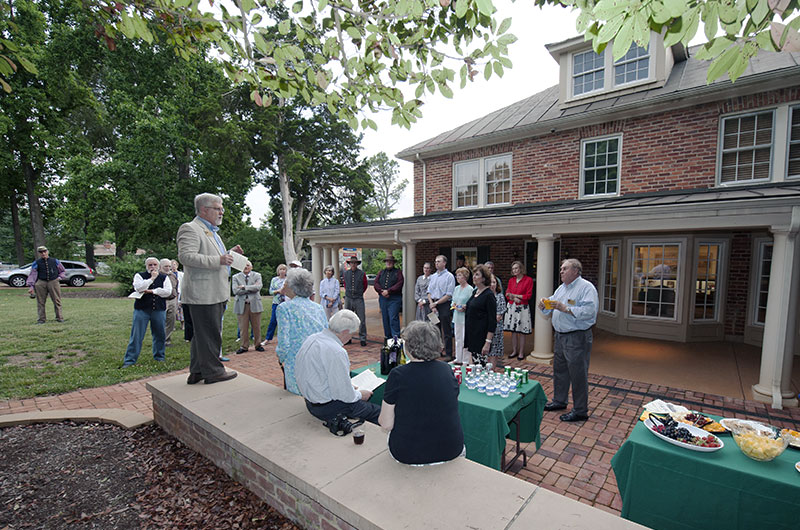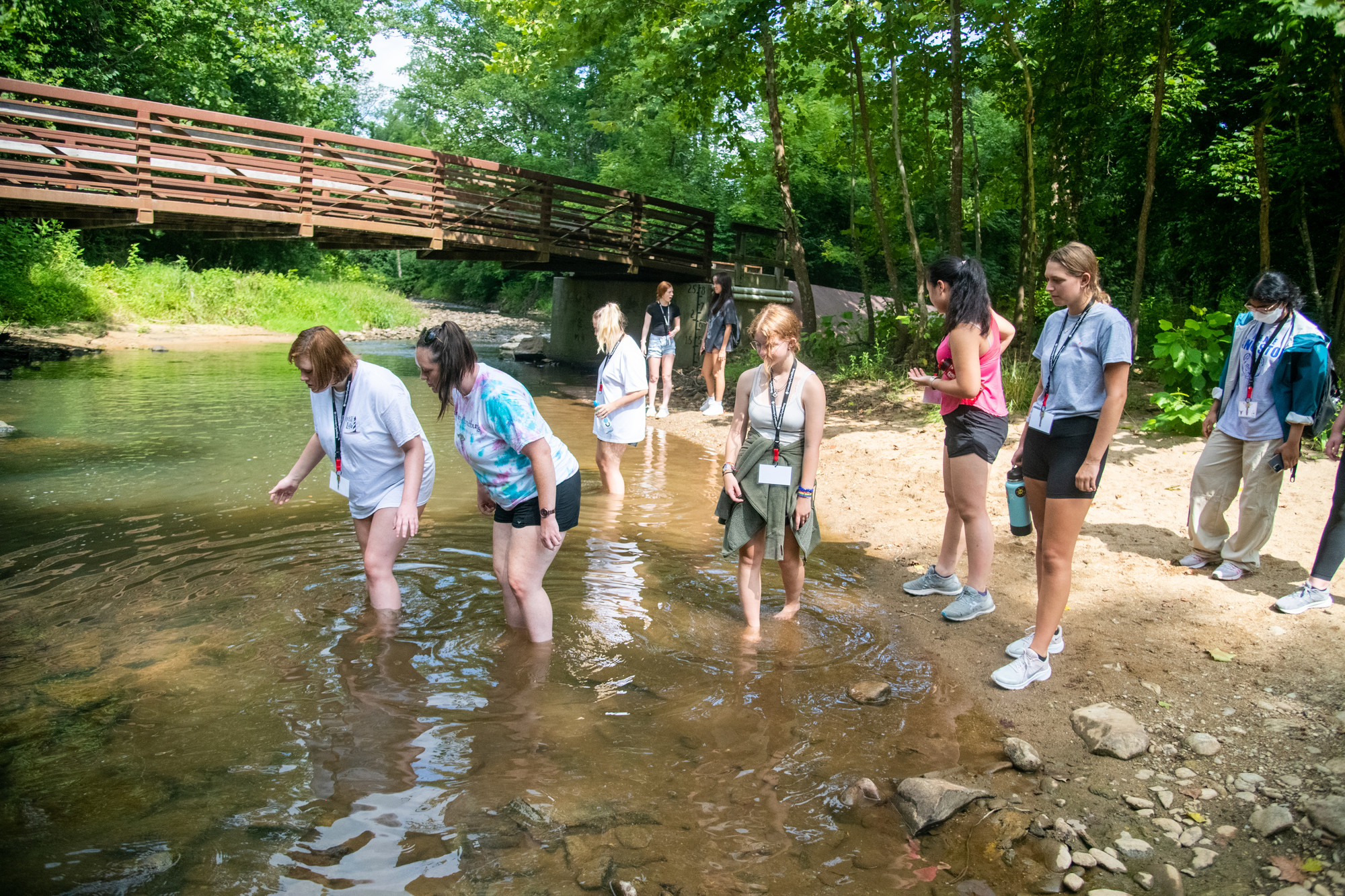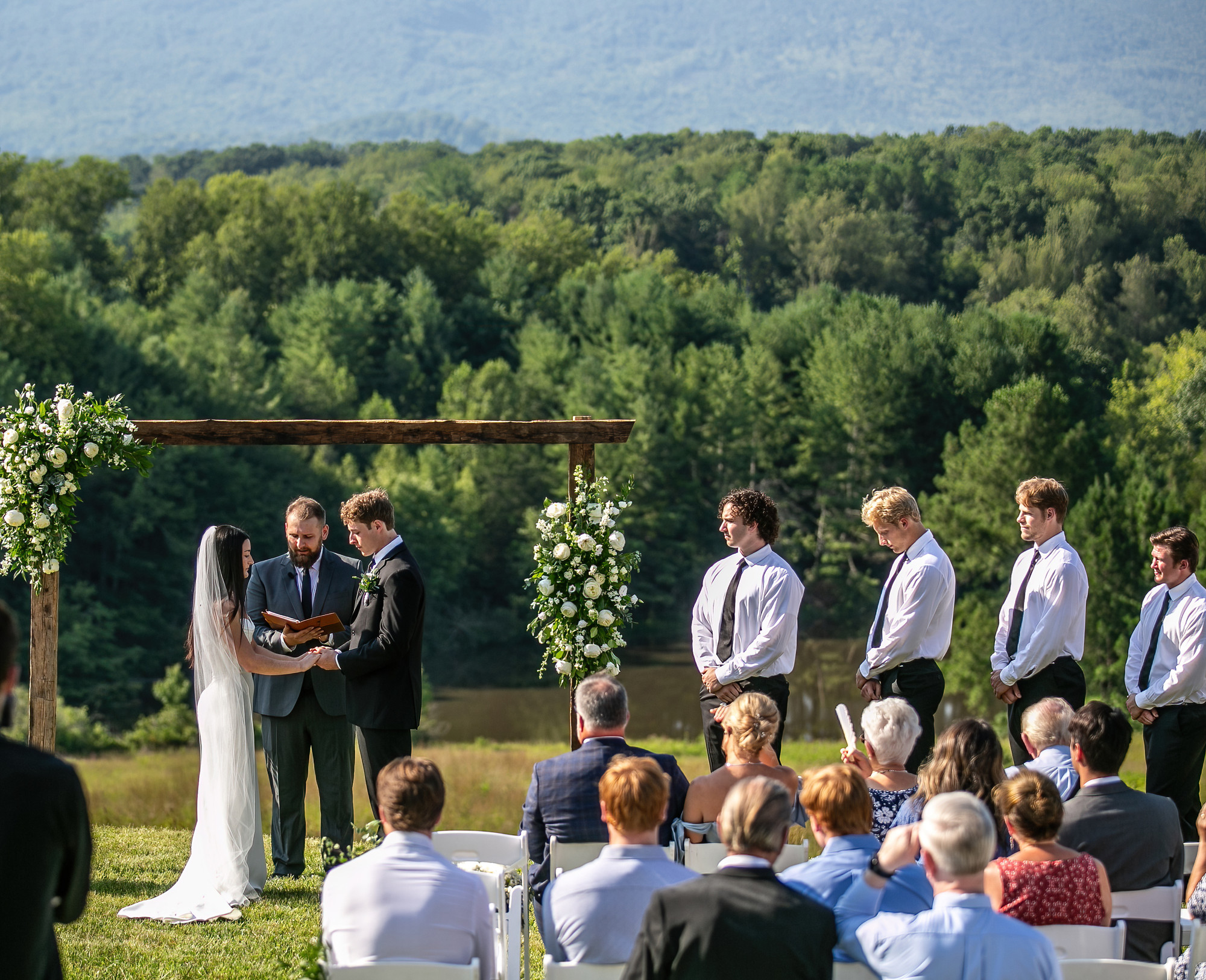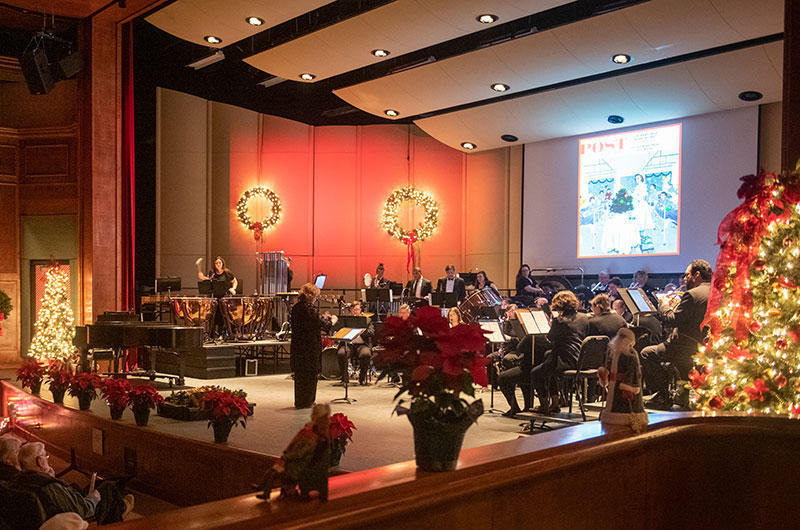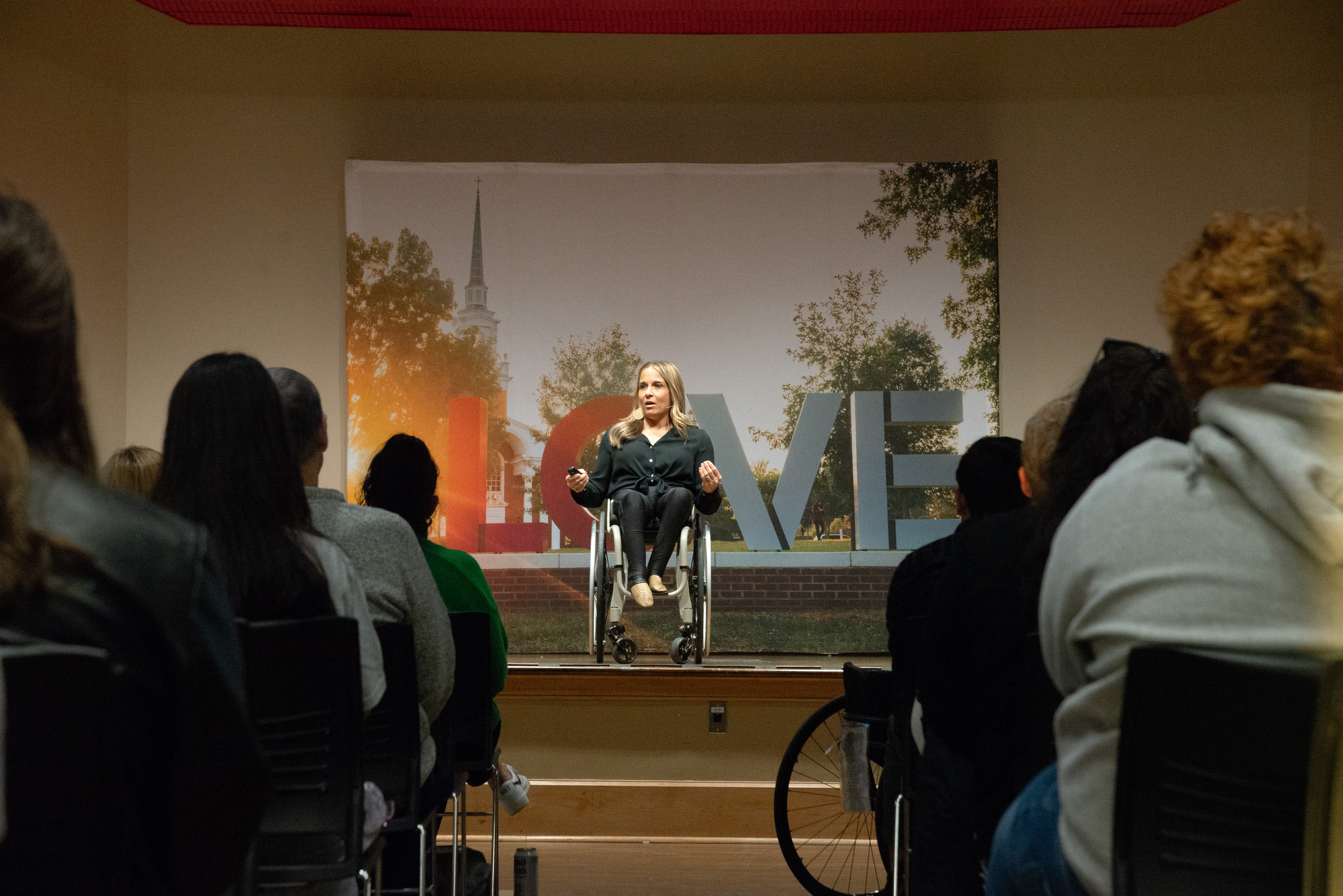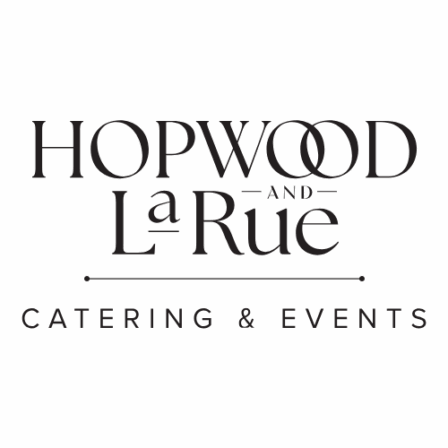Plan Your Event
August 1, 2022
2025-07-18 18:12
Plan Your Event
Step 1: Define Your Event
- Establish the reason for your event, what you aim to achieve, and its significance.
- Identify your audience’s specific needs, preferences, and expectations, considering factors such as age, interests, and demographics to tailor the event accordingly.
- Determine the anticipated impact of your event and specify measurable goals to evaluate its success.
Step 2: Create Your Budget
- Develop a detailed budget that outlines all expected costs, from venue rental to catering.
- Identify your funding source, such as your departmental budget, to ensure you have sufficient funds. Determine your budget before committing to an event to avoid surprises. You can set a maximum budget or adjust as needed, possibly charging admission if costs increase.
- Allocate funds wisely for a balanced event. Set aside approximately 10% of your venue budget for unexpected costs, such as additional decorations, extended hours, or equipment rentals.
Step 3: Select a Venue
- Ensure the venue can comfortably accommodate your guest list and has the appropriate layout.
- Check if it provides essential items like tables and chairs to save costs, such as Cloverlea Farmhouse, which offers 28 rectangular tables and 160 folding chairs.
- Reserve the venue early to secure your date, as bookings can be made up to 24 months in advance. Additionally, consult the University calendars to avoid scheduling conflicts, as space is available on a first-come, first-served basis.
Step 4: Plan Your Program
- Draft a clear agenda that includes speakers, sessions, breaks, and networking opportunities.
- List your space needs (tables, chairs, cleanup, or audio/visual) in your request; all our venues have built-in technology.
- Hopwood & LaRue is the sole caterer (except at Cloverlea); orders should be placed 15 business days in advance, menus finalized 2 weeks prior, and final guest counts provided 3 days in advance. Alcohol is permitted under ABC rules.
Step 5: Promote Your Event
- Create a compelling marketing strategy to promote your event and attract attendees.
- Utilize the University events calendar, social media, email blasts, and printed materials to maximize exposure.
- Provide valuable information about the event, including the agenda, speakers, and registration details. Posters printed on campus must adhere to the University’s Brand Guidelines.
Step 6: Execute the Event
- Ensure all arrangements are in place, from logistics to catering, on the day of the event.
- Assign volunteers or staff to assist attendees with registration, information, and directions.
- Monitor the event’s progress and make necessary adjustments to ensure it runs smoothly.
Step 7: Evaluate and Follow Up
- After the event, gather feedback from attendees to assess its success and identify areas for improvement.
- Send thank-you notes to sponsors, speakers, volunteers, and attendees.
- Document the event’s outcomes and use them to plan future events.
